
9 minute read
Happy Munkey Digs Deeply Into Five Questions About Cannabis Culture
from Munkey Biz Issue 7
by HAPPY MUNKEY
Warren Bobrow =WB: Please tell me about Happy Munkey? What was your path to the plant? What did you do originally? Indoor or outdoor grown? (Just wondering)
Vlad Bautista = V: Cannabis has always played a role in my life no matter what I was doing. I have a background in personal fitness training and music and I have been a cannabis user for over 20 years now. The first time I knew I enjoyed cannabis was when I was younger, in my teenage years. I grew up in the Hamilton Heights section of Harlem during the 80s and 90s, and it was definitely a different time then than it is right now. New York was just rougher and tougher, so it helped for me to smoke cannabis (out of all the options available) to stay focused and optimistic. That’s “the original” love story between me and cannabis. While Happy Munkey is my first foray into the formal cannabis market, I am no stranger to the traditional market. Looking back at it now, Happy Munkey was a collective effort of my life long experiences in cannabis, music and health.
Advertisement
We have a saying at Happy Munkey: “We don’t do it for the clout, we do it for the Culture”. Since we started Happy Munkey the goal has always been to do what we think is needed, not what is popular. Happy Munkey today is a very different animal then when the idea for first came together. Time in the cannabis industry runs in dog years, Happy Munkey has been quickly and successfully evolving since we started three years ago. Birthed out of the need to have a safe place in New York City to smoke, Happy Munkey has blossomed beyond just hosting New York’s premier cannabis vibes.
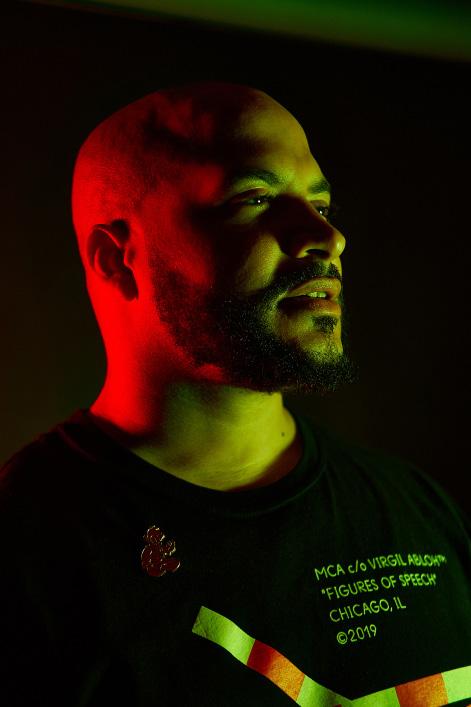
The real epiphany for Happy Munkey happened when my partner Ramon went to Amsterdam about three years ago and had an eye-opening experience. He saw for the first time people freely enjoying cannabis in public social spaces. When he got back he told me we had to bring that experience to New York but with our culture and the New York vibe. And that’s what set everything off with. There were a couple factors involved in the beginning. But to simplify things we created the first place for cannabis lovers to gather safely and consume in a classy, civilized, judgment free way. I once heard a good friend of mine describe the Happy Munkey as, “Studio 54, but instead of alcohol, cannabis is the only thing on tap.”
In addition to hosting New York City’s premier cannabis events. We started attending cannabis business conferences to learn about what was going on at the corporate level and on the regulated market throughout the country. We quickly realized that even though NYC is the highest-consuming city in the world, we had the smallest media presence out of all the cities. There really was not a voice for cannabis culture in New York nor in the Tri-State area that was being listened to nationally or internationally. So I think that the combination of those missing elements really helped us see what needed to be done. It started as a passion project around things that we felt was missing in our lives, and it just so happened that a lot of other people felt the same way.
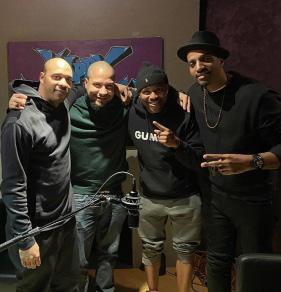
*** I grew up smoking indoor Haze, so for me it is indoor all the way! To be honest where I am from Uptown, outdoor weed and levels of light dep are relatively new concepts. Back in the day you either were smoking on the Puré or you had brick weed.
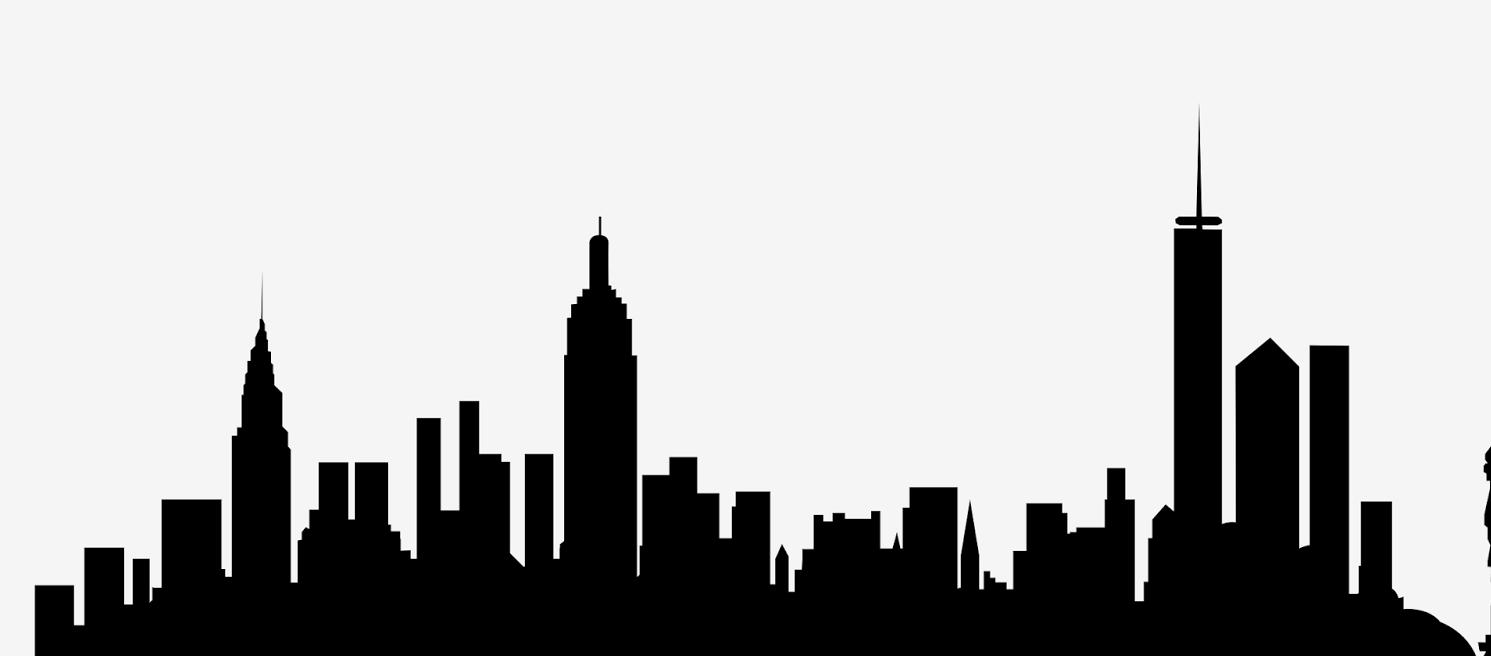
WB: Do you have a mentor? Did you always want to do what you do today? Who inspired you?
V: I believe cannabis is going to change the world. This plant has the energy to positively affect so many peopleʼs lives. Being from the one the most influential and highest cannabis consuming city in the world, I realized what I wanted to do with Happy Munkey was bigger than myself. Our influence in New York, and as people of color, very seriously has the potential to make lasting impacts on the direction of this industry. Happy Munkey was not something I always envisioned but trendsetting is not something new to us New Yorkers. I don’t think there is one person specifically that inspired me to take a full leap of faith into the formal cannabis industry, but I can think of two people who have been instrumental mentors to me during my journey.
One of my biggest mentors has been my good friend Barbara (Bobbi) Paley. She is someone that really accepted me early on, showed me the ropes, and introduced me to world of corporate movers and shakers. She has continually spoke her mind, explained where the industry is heading, and introduced us to the right people. Since meeting over a slice of Pizza at a conference after-event, we have matched her energy and in return have benefitted from her knowledge and experience tremendously.
Another mentor and inspiration of mine has been Steve DeAngelo. I actually met him through Bobbi at an Arcview conference a few years back. Since meeting him, I have received nothing but love, affirmation, and support towards what Happy Munkey is building. Steve has been fighting for this plant for close to 50 years, and as a result, has a wide perspective on the industry. From where it is going to where this budding industry came from, Steve knows how to explain and breakdown “the game”. Especially for someone like myself who is relatively new to the formal cannabis market, Steve has helped me understand the trials and tribulations are all part of the process to make it to where you want to be. Without a doubt Steve has definitely had a significant influence on us.
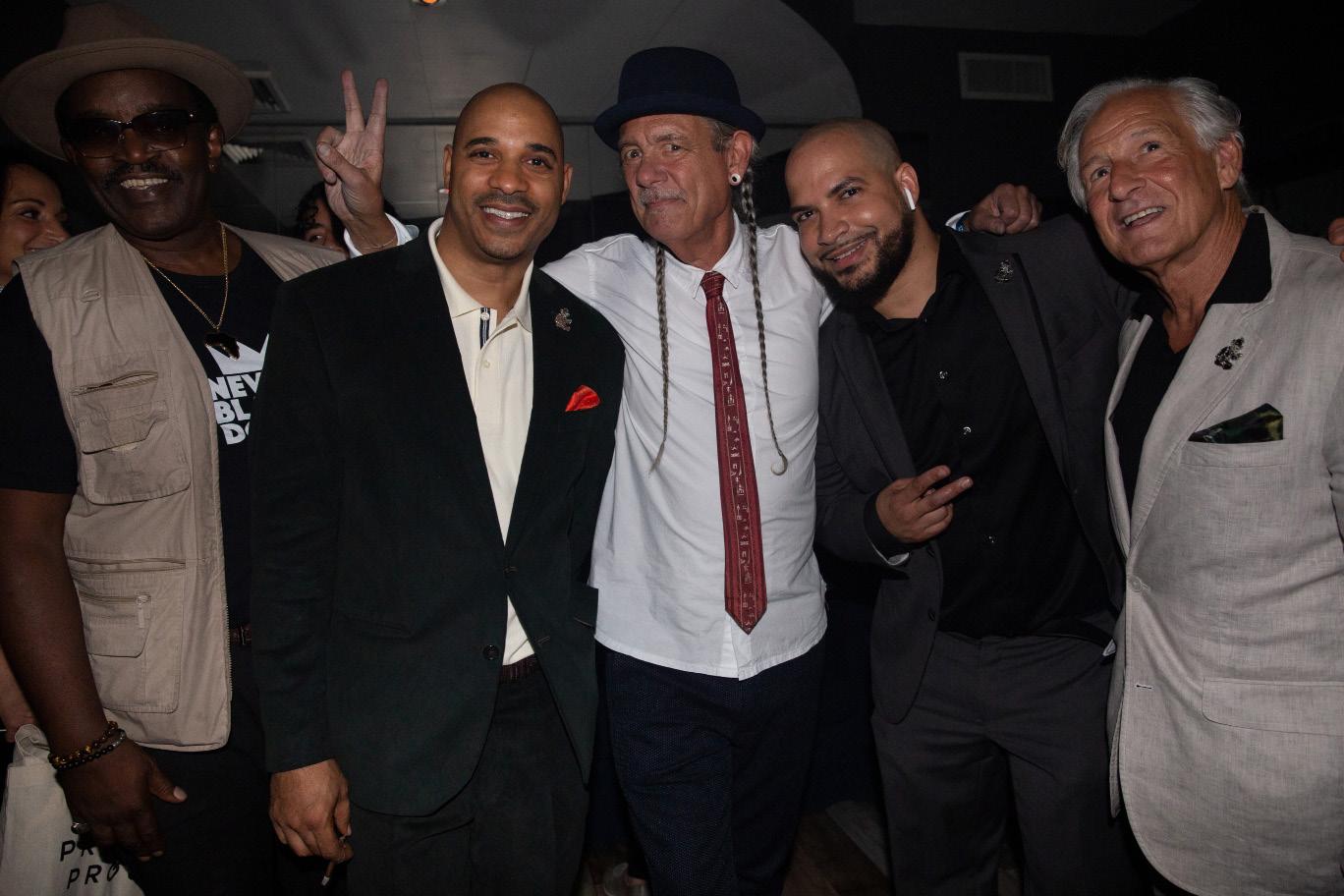
WB: What are your six and twelve-month goals? What obstacles do you face? What about the stigmas that surround the illegality of cannabis?
V: We have created an omni-media channel showing the New York lifestyle and we have raised (our) events to an even higher level. We plan to keep doing that. We’re going to see Happy Munkey become a global consumption lounge franchise. We’d like to obtain a recreational dispensary and delivery license in New York City. As a business, Iʼd like to break the stigma. When people think “cannabis”, I want them to include “New York”.
Over the next 6 months, we see ourselves having our original content on a big platform (channel / media platform). We’re also dropping a new line of merchandise which includes Happy Munkey clothing, smoking accessories, and a few other surprises we have in store for the Holiday season! Covid-19 pending we plan doing a media tour where we visit all of our friends around the country. And lastly we would like to activate our first Happy Munkey installation at Art Basel this year.
Over the next 12 months, we see ourselves applying and acquiring a dispensary and delivery license in New York City. Once we beat COVID-19, we’ll be throwing the first Happy Munkey “CHOOSE HAPPY FESTIVAL”.
Regarding obstacles, sure, NY State/Albany has to pass the bill and we have to get our licensing...not to mention beat COVID. I like to think in terms of “solutions” though, so I don’t really dwell on these things. Something I like to remind myself of frequently is that there’s no “negotiating” with the ocean. It’s too great a force for that. You figure out how to move best with what it gives you. This keeps things in perspective.
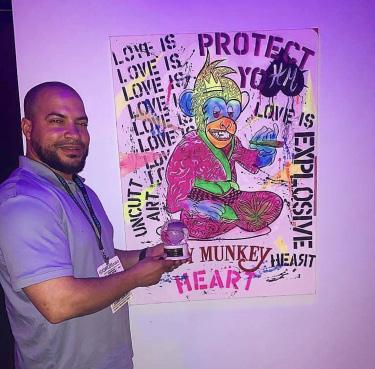
In regards to stigma towards cannabis I have learned to have more empathy over the years. Attempting to reprogram people’s propaganda-fueled views requires a lot of valuable time and energy. “Being the example” is much more productive. Also, in many ways it’s been easier for me because I’m a first-generation American by way of the Dominican Republic. In the Latin countries, the stigma is way worse than in the U.S. and the propaganda runs deep! Basically, if you smoke cannabis it’s viewed the same as if you smoked crack. Having to navigate those waters all my life helped me build a “shield of armor” against navigating those waters all my life helped me build a “shield of armor” against cannabis stigmas here in NYC.
WB: Do you have a favorite food memory from childhood? What does your favorite meal look like?
I have many talents. Unfortunately, cooking is not one of them. As a proud Dominican, one of my favorite meals is rice, beans, plantains and oxtail. Remember, I come from humble beginnings. We did not have much, but the little we had, we appreciated. As a treat on special nights I remember sitting around the table with my brother Michael as my mother cheffed it up. Just thinking about it takes me back to taste the magic “Momma Love” used to make! Coming straight from the Dominican Republic, she always made sure to sprinkle a little bit of tradition and love into the meals. Through her cooking, she instilled the culture of the food, hospitality and everything else that the Dominican Republic embodies, within us.
It’s funny, but I believe a lot of how I approach hospitality comes from “Momma Love”. In Dominican culture, hospitality is like second-nature. The way that you treat somebody when they come to your house is very important. My mother engrained that in my home life, making it second- nature to me. On a larger scale with Happy Munkey, I think that played a significant role in our ability to make people feel so comfortable. Even though it’s second nature to us, this is not customary for everyone. In this hustle and bustle city that kind of consideration does not get spread around as much, and people definitely notice and appreciate it when you offer it.
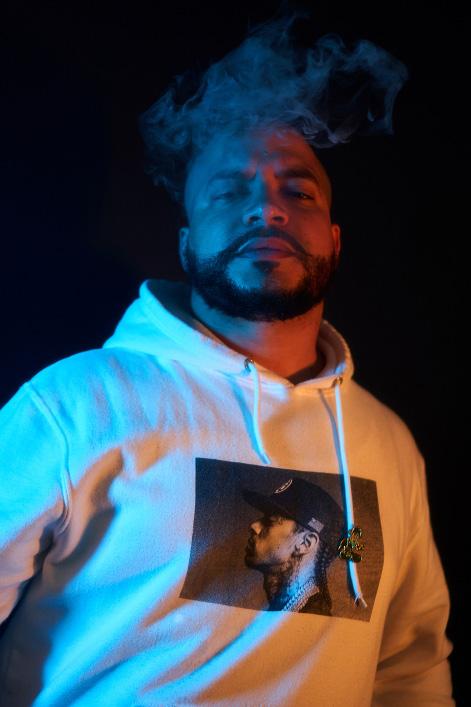
WB: What is your passion?
For starters, part of my “Why” and Purpose is my daughter Madison. Iʼm a single father, and I feel like I can leave her a legacy with this that she can be proud of. Another passion of mine is inspiring minority people to get into this industry. I feel like this plant has the potential to help so many people, in so many different ways. Again, it’s bigger than me. So every day that Happy Munkey makes a new stride, breaks a glass ceiling or kicks down a door, I feel like we are inspiring and showing other people of color that they can do the same thing or better. Happy Munkey takes pride in being a minority owned and operated company. We want to make sure that the road is paved as thoughtfully and as tastefully as possible because we all aspire to inspire. When people of color see that someone that looks like them is doing this, I feel like it’s going to inspire many others. We always want to show the best side of what we have to offer so that these doors and this road are easier for the next group of people that come through.
** This article was originally published by Forbes Magazine on 5/11/20 and written by Warren Bobrow










